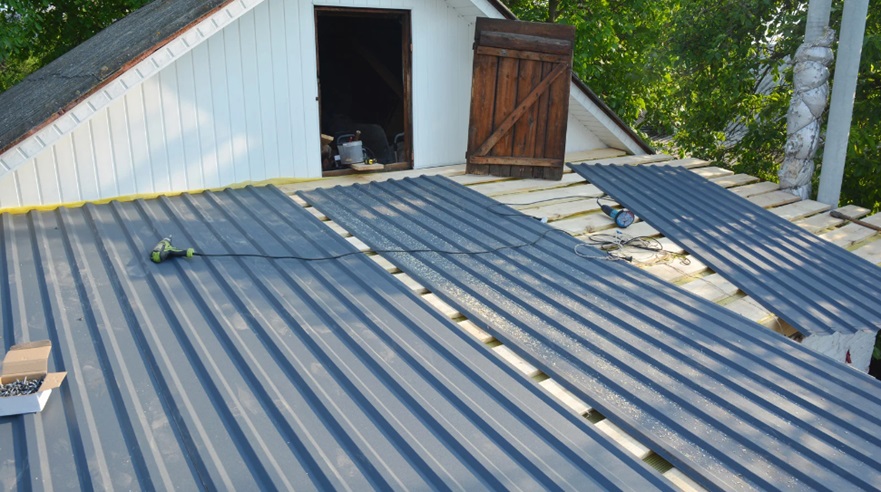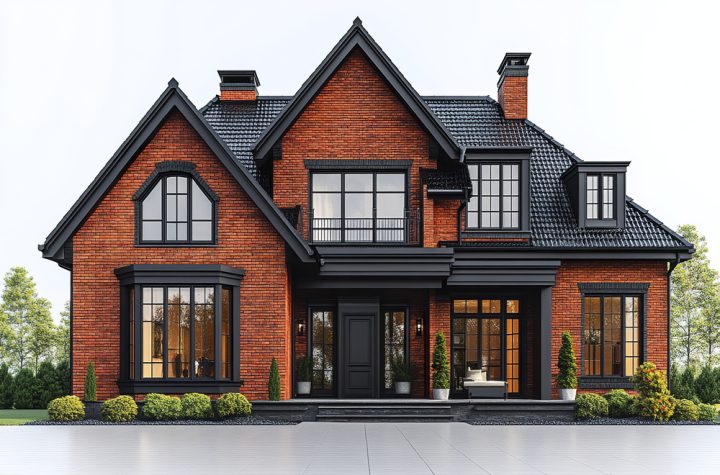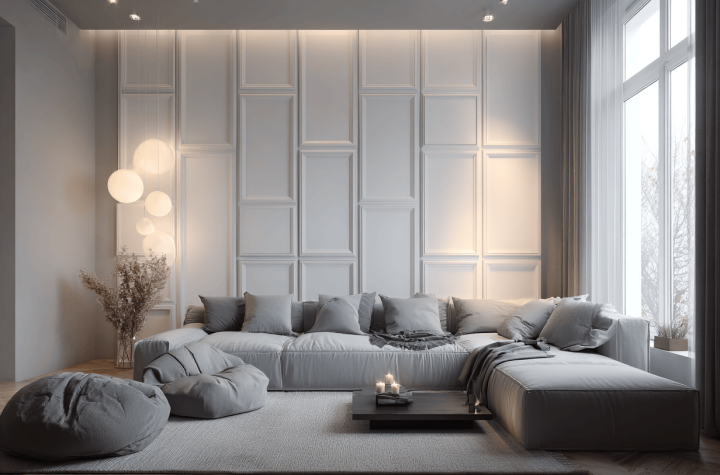
Metal roofing and traditional roofing styles have been popular choices for homeowners in Atlanta and across the United States. Both options provide essential protection for homes against harsh weather conditions and add to their overall aesthetic appeal. This article will explore the key differences between these roofing styles.
Metal Roofing
Metal roofing has gained significant popularity in recent years, especially in urban areas like Atlanta, due to its numerous advantages. Metal roofs are known for their longevity and resilience. Homeowners often choose this type of metal roofing in Atlanta for its ability to withstand extreme weather conditions, from heavy rainfall to scorching heat. Additionally, metal roofs are lightweight, making them easier to install without compromising structural integrity.
Benefits of Metal Roofing
- Longevity: Metal roofs can last up to 50 years or more with proper maintenance.
- Durability: Metal roofs are highly resistant to fire, extreme temperatures, and heavy winds.
- Energy Efficiency: Metal roofs reflect heat from the sun, reducing energy costs during hot summers.
- Low Maintenance: With minimal upkeep required, metal roofs save homeowners time and money in the long run.
Traditional Roofing
Traditional roofing materials, such as asphalt shingles, wood, and tile, have long been favored for their aesthetic charm and variety. Each type of conventional roofing material offers distinct characteristics that can enhance the look of a home. For instance, asphalt shingles are known for their affordability and ease of installation, making them a common choice for budget-conscious homeowners.
Benefits of Traditional Roofing
- Aesthetic Versatility: Traditional roofing materials come in various styles, colors, and textures, allowing homeowners to select an appearance that complements their home’s design.
- Easy Installation and Repair: Traditional roofing materials are generally easier to install, and repairs can often be conducted without replacing entire sections of the roof. This convenience can be beneficial for homeowners looking for quick fixes.
- Established Track Record: Traditional roofing styles have stood the test of time, with many products having a long history of dependable performance. Homeowners may feel more comfortable with proven materials that are widely used and trusted.
Key Differences Between Traditional and Metal Roofing
While both traditional and metal roofing provide essential protection for homes, there are some significant differences between the two:
- Lifespan: As previously stated, metal roofs can endure for around 40 to 70 years with regular upkeep, while traditional roofs typically last around 20 years.
- Maintenance: Metal roofing requires minimal maintenance due to its durability and resistance to damage. In contrast, traditional roofing materials may require more upkeep over time.
- Environmental Impact: Metal roofing is frequently deemed environmentally friendly due to being crafted from recycled materials and fully recyclable at the end of its life cycle. Traditional roofing materials, on the other hand, may not be as environmentally friendly due to their shorter lifespan and potential for increased waste.
Conclusion
Both metal roofing and traditional roofing options have distinct advantages that cater to different homeowner needs. Ultimately, the choice between these styles will depend on personal preferences and the unique needs of each homeowner. Regardless of the option chosen, it is crucial to consult a professional roofing company for expert guidance on selecting the best roofing style for your home.
Frequently Asked Questions
Are metal roofs noisy during rain?
While some may wonder about noise levels, metal roofs are designed to minimize sound and can be complemented with insulation. For more details on the noise aspect of metal roofs, you may check out this blog.
Can I install a metal roof over my existing roof?
Yes, metal roofs can often be installed over existing roofing materials without necessitating a tear-off, saving on labor and disposal costs.






More Stories
Pinellas County Roofers: Questions to Ask Before Hiring
Protect and Refresh Your Home with Expert Roof Restoration Services
Why Choose Local Licensed Roofers over Door Knockers After A Storm Hits Your City: Protect Your Home from Storm-Chasing Scams!